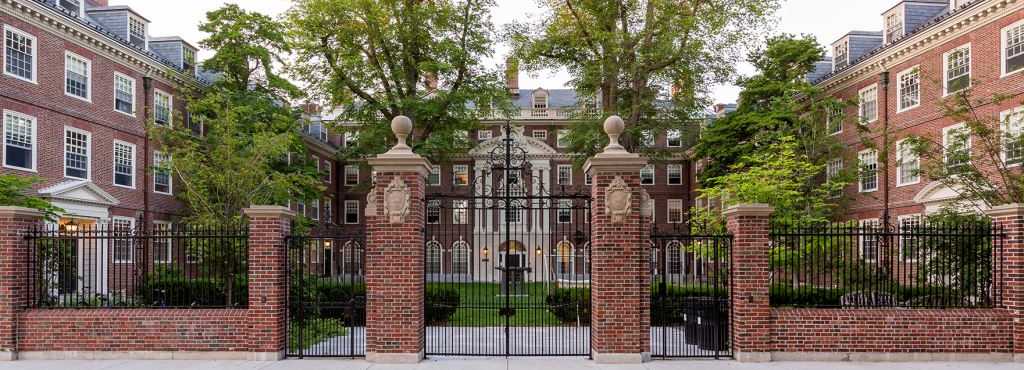IvyWise On-Demand: The Waitlist Roadmap: Navigating Your Next Steps
Join members of IvyWise’s expert team of former admissions officers as they share insights on the waitlist’s purpose and how it works, your chances of getting off the waitlist, and, most importantly, the next steps you need to take over the coming weeks.
Watch Now
What are the chances of getting accepted after being waitlisted? As high school seniors prepare for admissions decisions, there’s a lot of uncertainty that comes with learning you’ve been placed on the college waitlist. Do you accept the spot and wait to learn your fate? If you do, how likely are you to get in, and what can you do to improve your chances of getting off the waitlist?
There are a number of waitlist tips and tricks that students can employ to improve their chances of admission, but will it pay off? In many cases, students’ chances of getting off the waitlist can be pretty slim, but it’s not impossible.
What’s the Purpose of the Waitlist?
While admission rates at the most competitive colleges and universities can be in the single digits, the actual application process is much more streamlined than it was 20 years ago. With the Common Application, it’s easier than ever for students to apply to multiple colleges.
The college admissions landscape continues to be competitive at the country’s most popular universities, with many schools posting record-high application numbers for the class of 2029. Schools like Bowdoin College (~14,000), New York University (120,633 ), and the University of Michigan (~109,000) all reported their largest applicant pools ever, with some schools like Duke seeing record-high numbers of students applying Early Decision or Early Action. With large applicant pools, it is likely we will see admission rates at these schools remain low or even decrease.
Given these heightened numbers, some students will have more college options than ever, making it harder for colleges to estimate how many applicants will enroll if admitted. This percentage of admitted students who enroll, known as yield, is really important, as it affects everything from tuition and housing to what courses are offered come fall.
Generally, to better manage yield, admissions officers will want to ensure that they have a healthy number of waitlisted applicants to make sure they can fill every seat with a qualified student. As we’ve said before, colleges fill their waitlists with highly qualified applicants who barely missed the admit pile. These students are great fits for the school — the college just ran out of room when building their well-rounded class.
College Waitlist Chances
Just like in the regular admissions process, colleges need to evaluate their yield, institutional needs, legacy status, and other factors before deciding which students, if any, to admit from the waitlist. Factors like a student’s major, legacy status, and more influence whether they get in over another waitlisted student.
While many colleges will waitlist hundreds or even thousands of students, not all of those students will accept a spot on the waitlist, making the pool and the chances of getting in slightly better in some cases. According to NACAC, 20% of all students who chose to remain on waitlists were ultimately admitted. However, at selective colleges, the average was much lower, with only 7% of students who accepted waitlist spots gaining admission.
Waitlist Statistics
Colleges provide information on waitlist statistics in their annual reporting of their Common Data Set (CDS) and often in university publications when admission statistics are announced. According to MIT waitlist info, the school usually waitlists about 2% of applicants. Here are some waitlist admission rates for the class of 2028:
What to Do If You’re Waitlisted
There are a number of resources for waitlisted students. At IvyWise, our team of expert counselors works with waitlisted students to help them decide the best course of action.
- First, decide if you want to remain on the waitlist. If you’re waitlisted, you’ll need to accept your spot on the list. Take some time to think about whether or not this is the best option for you.
- Send in your enrollment deposit to your second-choice college. There are no guarantees with waitlists, so if you decide to remain on the waitlist at your top-choice college, go ahead and send in your enrollment deposit to your second-choice college so you definitely have somewhere to go in the fall should you not be admitted off the list.
- Consider writing a Letter of Continued Interest (LOCI). Update the college on what you’ve been up to this semester and reiterate your interest in the school. This is a big part of the process. Let the school know you’re still interested in attending if admitted off the waitlist. Update them on any new information you want them to consider and let them know that this school is still a top choice.
We also have a plethora of articles and resources about what students should do after being placed on the waitlist. Here’s a list of additional waitlist resources and articles for students:
At IvyWise, we also offer a Waitlist Consultation for students who need additional guidance about their options and what to do next to increase their chances of admission. Contact us today for more information!



